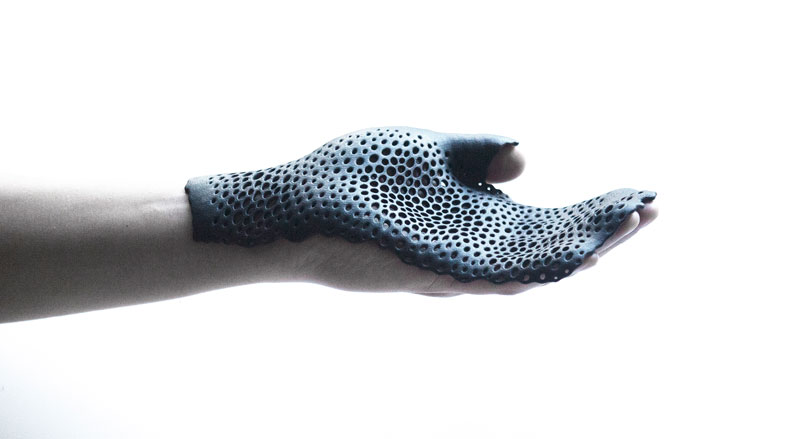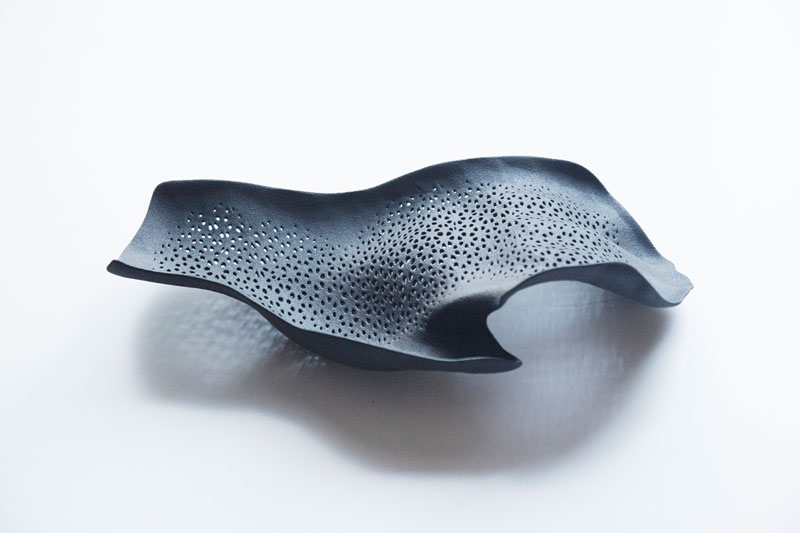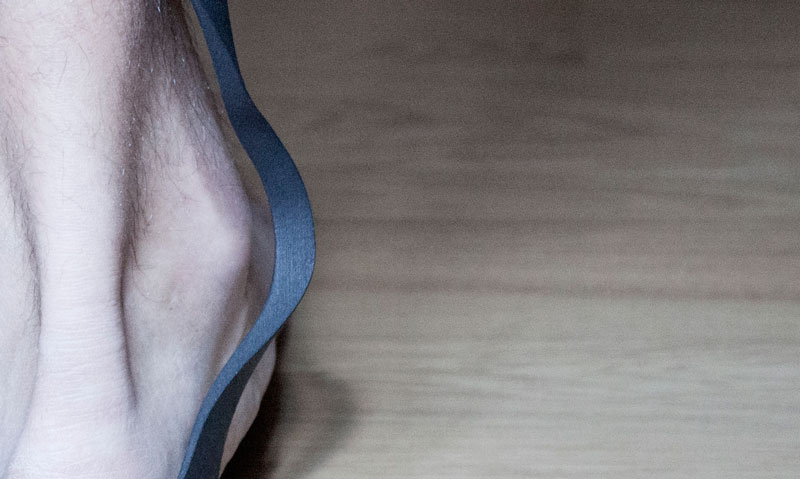- Share
- Like
- Tweet
- Digg
- Tumblr
- VKontakte
- Love This
- Odnoklassniki
- Meneame
- Blogger
- Amazon
- Yahoo Mail
- Gmail
- AOL
- Newsvine
- HackerNews
- Evernote
- MySpace
- Mail.ru
- Viadeo
- Line
- Comments
- SMS
- Viber
- Telegram
- Subscribe
- Skype
- Facebook Messenger
- Kakao
- LiveJournal
- Yammer
- Edgar
- Fintel
- Instapaper
- Copy Link
CRP Technology joined forces with MHOX Design almost a year ago to develop body extensions that integrate with the human body to improve its potential, sporting performance, or to resolve medical issues. CRP Group is a leading company in international research and development of innovative materials and technologies for use in 3D printing and high precision machining.

Image courtesy of CRP Group
The group is now focusing on a new application for the combination of Windform materials and additive manufacturing, nowadays better known as 3D printing. This new field of application is generative orthotics, an area requiring special attention to the main party involved: the patient. Using 3D printing in generative orthotics involves several major phases: scanning of the patient’s limb, generating the 3D model of the orthosis, construction of the orthosis using Windform materials and additive manufacturing.

Image courtesy of CRP Group
MHOX Design handles the first two stages by developing and using proprietary software, designed for the automated management of systems for mass product customization.
The procedure requires the digital uploading of the patient’s limb that the orthosis is to fit, using scanning processes based mainly on infrared technology or structured light. The scanning process takes place directly at the doctor’s surgery, thanks to the portability of the sensor and its easy Plug-and-Play features.
Techniques of generative design and simulation of biological phenomena, have made it possible to reproduce the shape of the orthosis, customized to fit the patient’s body and optimized for subsequent 3D printing.
This leads to significant reductions in the cost and time required to manufacture the orthosis, and the final result mirrors the affected limb perfectly, without the need for invasive medical examinations.

Image courtesy of CRP Group
CRP Technology uses Windform GT material for this type of application, as its elasticity, impermeability and durability make it an ideal choice for use in this field. Windform GT is a polyamide-based material with glass fibre, whose special features make it particularly suitable for applications where the material has to be able to flex for extended periods without the risk of damage.
The benefits that can be obtained by using the combination of additive manufacturing and Windform materials are extremely significant, especially in terms of performance as well as fit, since the orthosis is made specifically to cater for the anatomical demands of the patient.However, it is not all just about performance, there is also the question of looks. The orthopaedic device is made more aesthetically pleasing and its looks can be further enhanced by complete customization to suit the patient.

Image courtesy of CRP Group
CRP Group’s research into the manufacturing of generative orthotics, which includes CRP Technology, has been met with great interest by industry professionals. The same method of construction can be used to make orthoses for upper and lower limbs, plaster casts and prosthetic fairings. CRP Technology and MHOX Design are working alongside professional physical therapists and rehabilitation specialists to investigate the construction of solutions for patients with peroneal nerve dysfunction, resulting in drop foot further to injury, leading to a “slapping” gait.
Their research aims to define the optimum parameters for the design and construction of the orthosis. Devices made with additive manufacturing technology and Windform GT are subjected to a series of tests to assess their performance. The experimentation stage studied static mode, static mode applied to the patient and dynamic mode on the patient. The results have confirmed this new application for Windform materials and technology.
Additive manufacturing and 3D printing combined with Windform materials are passing new frontiers in applications. CRP Group, whose know-how comes from over 20 years of experience in additive technology applied to fields such as motorsport and automotive, is now focusing on non-conventional fields such as aerospace and medical devices, achieving significant results on an international scale.
*All images and information courtesy of CRP Group.
